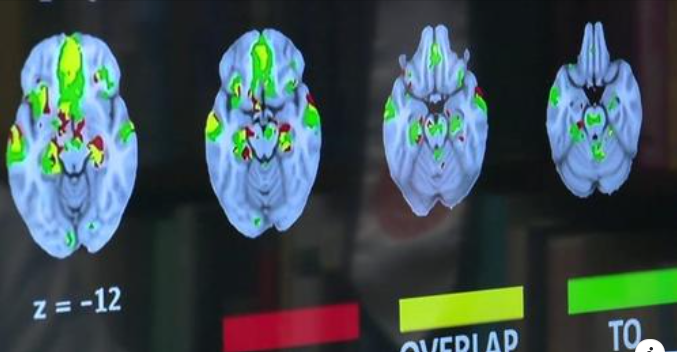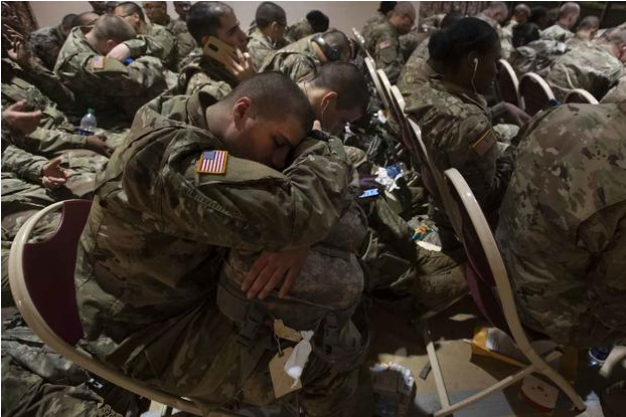$17 million goes to local researchers studying military PTSD, traumatic brain injuries, suicide
KSAT-12 News
Apr 30, 2024

Alan Peterson, PhD, psychiatry and behavioral sciences professor and director of the STRONG STAR national research consortium based at UT Health San Antonio, tells KSAT-12 TV about $17 million in new grant awards from the U.S. Department of Defense for eight research projects on PTSD, traumatic brain injury, suicide and other psychological conditions facing military personnel and veterans.



